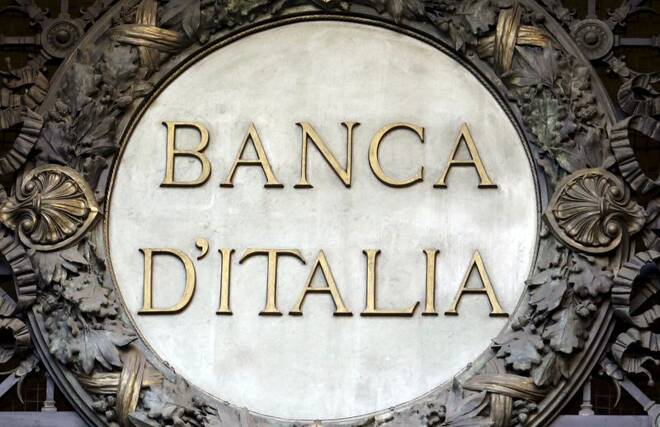Advertisement
Advertisement
Italy considering new tax on banks to cut retailers’ digital payment costs
By:
By Giuseppe Fonte and Alvise Armellini ROME (Reuters) - Italy's right-wing governing coalition is discussing a "solidarity tax" on banks that would be used to cut fees on digital payments for shopkeepers, lawmakers said on Wednesday.
By Giuseppe Fonte and Alvise Armellini
ROME (Reuters) – Italy’s right-wing governing coalition is discussing a “solidarity tax” on banks that would be used to cut fees on digital payments for shopkeepers, lawmakers said on Wednesday.
The government has proposed, in the 2023 budget, to partially shield retailers from those fees by scrapping sanctions if they only take cash for payments under 60 euros ($63).
However, the move is seen as going against the spirit of commitments taken with the EU, and encouraging tax dodging in a country where some 100 billion euros are evaded every year.
“An option being discussed is using resources stemming from a solidarity contribution weighing on banks to lower those fees,” ruling lawmaker Tommaso Foti said.
Foti is from Prime Minister Giorgia Meloni’s Brothers of Italy party. He spoke at the end of a meeting with Meloni and key coalition figures over the 2023 budget.
Maurizio Lupi, leader of a small centrist party within the coalition, added that Rome was seeking ways to erase bank commission fees for digital payments under 15 or 20 euros.
In the 2023 budget, the government has also proposed to raise a limit on cash payments to 5,000 euros from a previous threshold of 1,000 euros, kicking in next year.
The Bank of Italy on Monday warned that reducing regulatory curbs on the use of cash would fuel the black economy and make it harder to crack down on tax cheats.
A day earlier, Meloni said her government could water down its plans to favour cash over credit cards for small payments, following talks with the European Commission.
In its EU-funded post-COVID recovery plan, Italy promised the European Commission to cut the so-called “tax gap” — the difference between potential tax liability and the amount of taxes paid — to 15.7% from 18.5% in 2019, something which implies recovering around 7-8 billion euros of evaded taxes by 2024.
($1 = 0.9535 euros)
(Reporting by Giuseppe Fonte and Alvise Armellini; editing by David Evans)
About the Author
Reuterscontributor
Reuters, the news and media division of Thomson Reuters, is the world’s largest international multimedia news provider reaching more than one billion people every day. Reuters provides trusted business, financial, national, and international news to professionals via Thomson Reuters desktops, the world's media organizations, and directly to consumers at Reuters.com and via Reuters TV. Learn more about Thomson Reuters products:
Did you find this article useful?
Latest news and analysis
Advertisement
